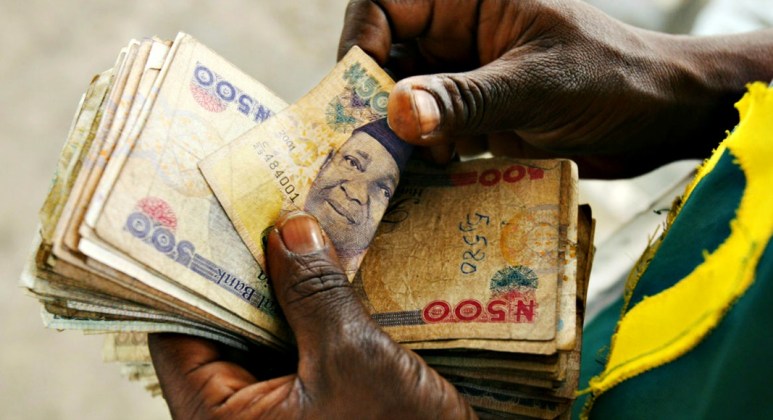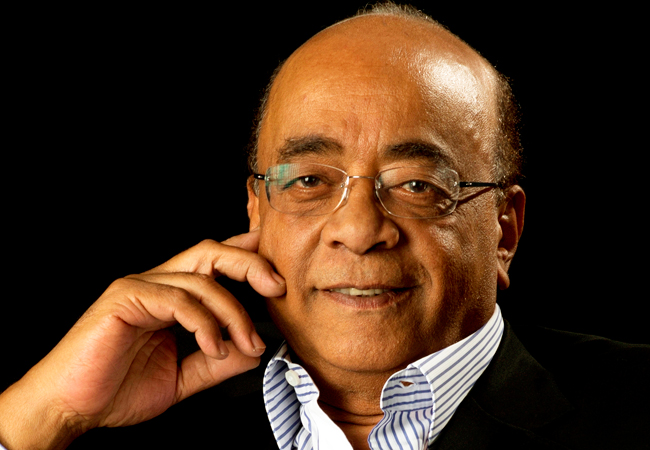By Mo Ibrahim
The World Bank’s latest Global Economic Prospects report, published 11th June 2024, provides a sobering assessment. According to it, global economic growth will stabilize in 2024 for the first time in three years, but at a pace insufficient for progress on development goals. In 2024, one in four developing economies is expected to remain poorer than it was on the eve of the pandemic in 2019.
Nearly half of developing economies are expected to see their income gap with advanced economies widen over the course of 2020-2024—the highest proportion since the 1990s. This is a recipe for more instability, within and between countries, and for more conflicts. But the” global order” framework set in the aftermath of WW2 has become obsolete, and the system impaired. This is not any more about Marshall Plans, or “helping” to “sort out “a continent doomed by civil wars, gripping poverty, natural disasters, and diseases. Climate change, pandemics, wars, have become shared challenges, whatever the level of development achieved.
We have become “partners in crisis”.What are the needs, when it comes to Africa? Both the UN Agenda 2030 and the AU Agenda 2063 are far from being met, with key gaps in terms of health, food security, economic transformation and strong institutions. Assessing the financial requirements to achieve the goals in due time reveals a complex picture marked by staggering numbers ranging from $194 billion to $470billion on average per year.
Climate change exacerbates these challenges, with the continent facing an estimated annual GDP loss of up to $50 billion. Furthermore, mainly led by already developed countries, whose citizens all have had access to energy for a long time, the current global conversation on climate gives the priority to mitigation.

This means that the needs for adaptation, which is Africa’s priority, remain underestimated. And the needs for immediate access to energy for all are mostly overlooked. To address these daunting challenges, where is the money? What I hope this report will show, and I wish to warmly thank here all our external contributors, who all made the point, is that the money is there, but mainly stuck in pipes, or misused.
First, external resources. They are substantial. But their accessibility and effective utilization appears problematic. Official Development Assistance (ODA) constitutes nearly 10% of the continent’s financial resources, but conditionalities and the focus of traditional donors often limit its impact.
Debt has become an impossible option, as Africa’s external debt has already tripled since 2009, and is compounded by a complex structure that renders traditional relief mechanisms obsolete.
Foreign Direct Investment (FDI) and participation in global financial markets remain disproportionately low. To move forward, a radical reboot of the current multilateral financial system is essential. This involves increasing concessionality, enhancing Africa’s representation at decision making level, boosting the agility, flexibility and innovation of lending institutions, updating approaches to risk assessment and mitigation, and effectively implementing the ever piling up of global Commitments.
Second, and most of all, domestic resources. These too are substantial, but potentially only, as they are currently left dormant in the best of cases, but also too often misused. We are just squandering our own resources. According to the African Union, the mobilization of the continent’s domestic resources is expected to cover up to 90% of the financing required for Agenda 2063.
This means drying up illicit financial flows, strengthening tax systems- we cannot afford tax holidays for foreign companies-, leveraging remittances, sovereign funds, pension funds and private wealth, monetising Africa’s green assets – biodiversity, critical minerals, carbon sinking potential.
So, our conclusion is clear: the money is there. What is needed is not further pledges, seldom implemented anyway. What is needed is not more money, but smarter money. What is needed is a paradigm shift. One that avoids any trade-off between climate and development. One that moves beyond the aid and charity model to a cooperative, deal- making one, trading resources key commodities, workforce and markets with expertise and information. One that puts, not the blame, but the responsibility, and ownership, on Africa.
This is a forward written for the 2024 Ibrahim Forum Report – Financing Africa: where is the money? by Mohamed Ibrahim, Chairman of the Mo Foundation.</p














